- Write by:
-
Tuesday, April 9, 2024 - 22:59:10
-
93 Visit
-
Print
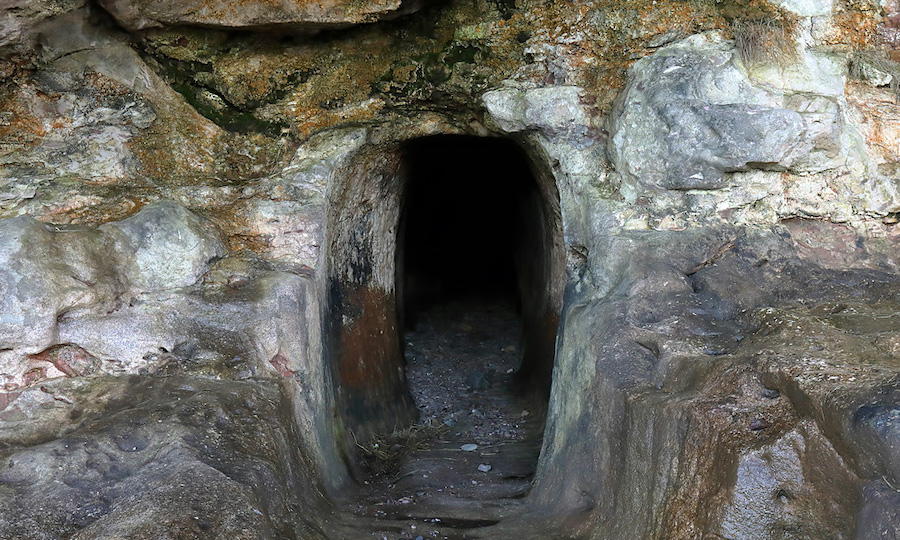
Researchers at the University of Edinburgh discovered that bacteria found in areas polluted by acid mine drainage had the potential to detoxify the environment by removing heavy metals.
Coal mining was a major industry in Scotland until the last deep mine closed in 2002. While the country has effectively banned coal mining due to environmental concerns, the effects of the practice continue to damage its world-renowned landscapes.
Acid mine drainage occurs in areas where metal-containing wastes from mining are exposed to air and water, creating a hazardous, acidic environment. Areas polluted by acid mine drainage are nearly 100 times more acidic than naturally occurring acidic areas, like peat bogs, which means they are extreme environments where it is nearly impossible for any life form to survive.
Mine waste is dangerous for the surrounding environment and an important hazard to human health due to the potential leakage and spread of mobile, toxic heavy metals, which can cause liver failure and even cancer if they leach into drinking water and are consumed in high quantities.
Mines’ garbage, bugs’ treasure
After sequencing the DNA of the microbes found in acid mine drainage in Scotland, the researchers learned that they degrade heavy metals to survive. Thus, the team started thinking about how they could be used to protect and clean the environment.
“The microbes can cope with these conditions, they’ve evolved in harsh environments, and we consider them to be extremophiles,” PhD student Michael McDonald, who will present these findings at the Microbiology Society Annual Conference in the Scottish capital, said. “We wanted to know what they were capable of and whether they could hold potential for exploitation and further use in biotechnology.”
McDonald and his colleagues began by collecting samples of contaminated sediment from acid mine drainage areas 30 miles west of Edinburgh.
They then reassembled the genomes of bacteria present and found that they didn’t just survive, their genomes had the ability to actively detoxify the environment and reduce the damage caused by heavy metals. In other words, the organisms thrive and contribute to the function of the ecosystem and natural cycles.
“Now that we know what they are capable of doing, in the future, we may be able to exploit these bacteria in a sustainable way to help clean up these sites,” McDonald said.
Short Link:
https://www.miningnews.ir/En/News/628239

When former boss Mark Cutifani left Anglo American Plc in mid-April 2022, things had rarely looked better for the ...
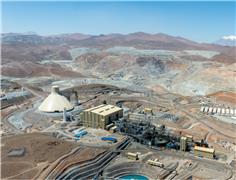
Teck Resources, Canada’s largest diversified miner, saw its copper production jump by 74% in the first three months of ...
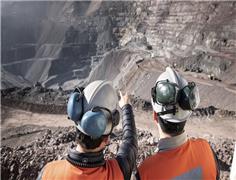
Anglo American Plc said it is has received an unsolicited non-binding combination proposal from BHP Group.
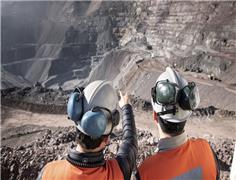
Anglo American Plc said it is has received an unsolicited non-binding combination proposal from BHP Group.

BHP Group Ltd. proposed a takeover of Anglo American Plc that values the smaller miner at £31.1 billion ($38.8 billion), ...

China’s state planner on Friday finalized a rule to set up a domestic coal production reserve system by 2027, aimed at ...

The world’s coal-fired power capacity grew 2% last year, its highest annual increase since 2016, driven by new builds in ...

Peabody Energy Corp. shares sunk to the lowest in seven months after the biggest US coal miner warned that first-quarter ...
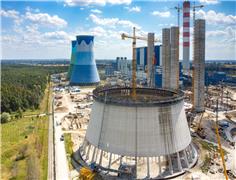
Polish government is abandoning plans to separate coal-fired power plants into a special company and is considering ...
No comments have been posted yet ...